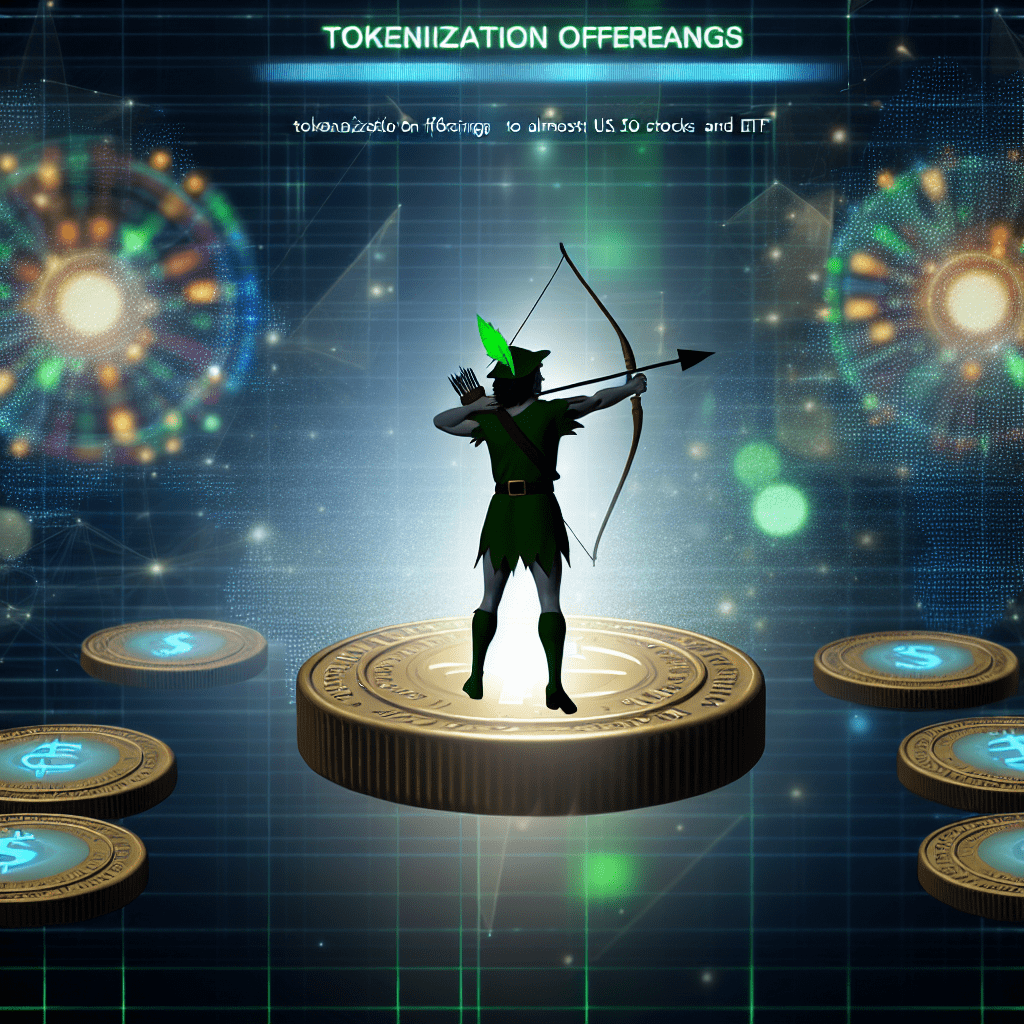Robinhood has broadened its tokenization efforts on the Arbitrum blockchain, introducing 80 new stock tokens recently and pushing the total number of tokenized assets to nearly 500.
As per data from Dune Analytics, Robinhood has tokenized 493 assets with a total valuation exceeding $8.5 million. The total mint volume has gone beyond $19.3 million, countered by approximately $11.5 million in burning activity, indicating a vibrant and actively traded market.
Stocks make up nearly 70% of all deployed tokens, with exchange-traded funds (ETFs) following at about 24%, alongside smaller portions allocated to commodities, crypto ETFs, and US Treasurys.
The latest set of tokenized assets features Galaxy (GLXY), Webull (BULL), and Synopsys (SNPS), research analyst Tom Wan stated. “EU users of Robinhood now benefit from a broader selection of US Stocks, Equities, and ETFs, thanks to Tokenization,” he remarked.
Related: Ondo Finance to SEC: Delay Nasdaq’s tokenized securities plan
Blockchain derivatives, not actual shares
In June, Robinhood introduced a tokenization-dedicated layer-2 blockchain based on Arbitrum, enabling EU users to trade tokenized US stocks and ETFs as part of its real-world asset (RWA) expansion.
The company’s stock tokens reflect the prices of publicly traded US securities but do not signify direct ownership of the underlying shares. Rather, they are structured as blockchain-based derivatives governed by MiFID II (Markets in Financial Instruments Directive II), according to the firm.
Additionally, the company asserts that the stock tokens provide 24-hour market access, no concealed fees beyond a 0.1% foreign exchange charge, and the opportunity to begin investing with as little as 1 euro ($1.17).
However, the launch has attracted scrutiny. In July, the Bank of Lithuania, which regulates Robinhood in the EU, sought clarification on the structure of the tokens. Tenev mentioned that the firm welcomes the examination.
Related: Following US success, Robinhood aims to broaden prediction markets globally
Robinhood accelerates its crypto expansion
Robinhood’s tokenization launch followed closely after the brokerage launched micro futures contracts for Bitcoin (BTC), XRP (XRP), and Solana (SOL).
Earlier in May, the firm acquired Canadian crypto platform WonderFi in a $179 million deal, furthering its global expansion. Robinhood has also advocated for clearer regulations surrounding tokenization in the US, submitting a proposal to the Securities and Exchange Commission for a cohesive national framework governing RWAs.
Magazine: Back to Ethereum — How Synthetix, Ronin and Celo discovered their potential

